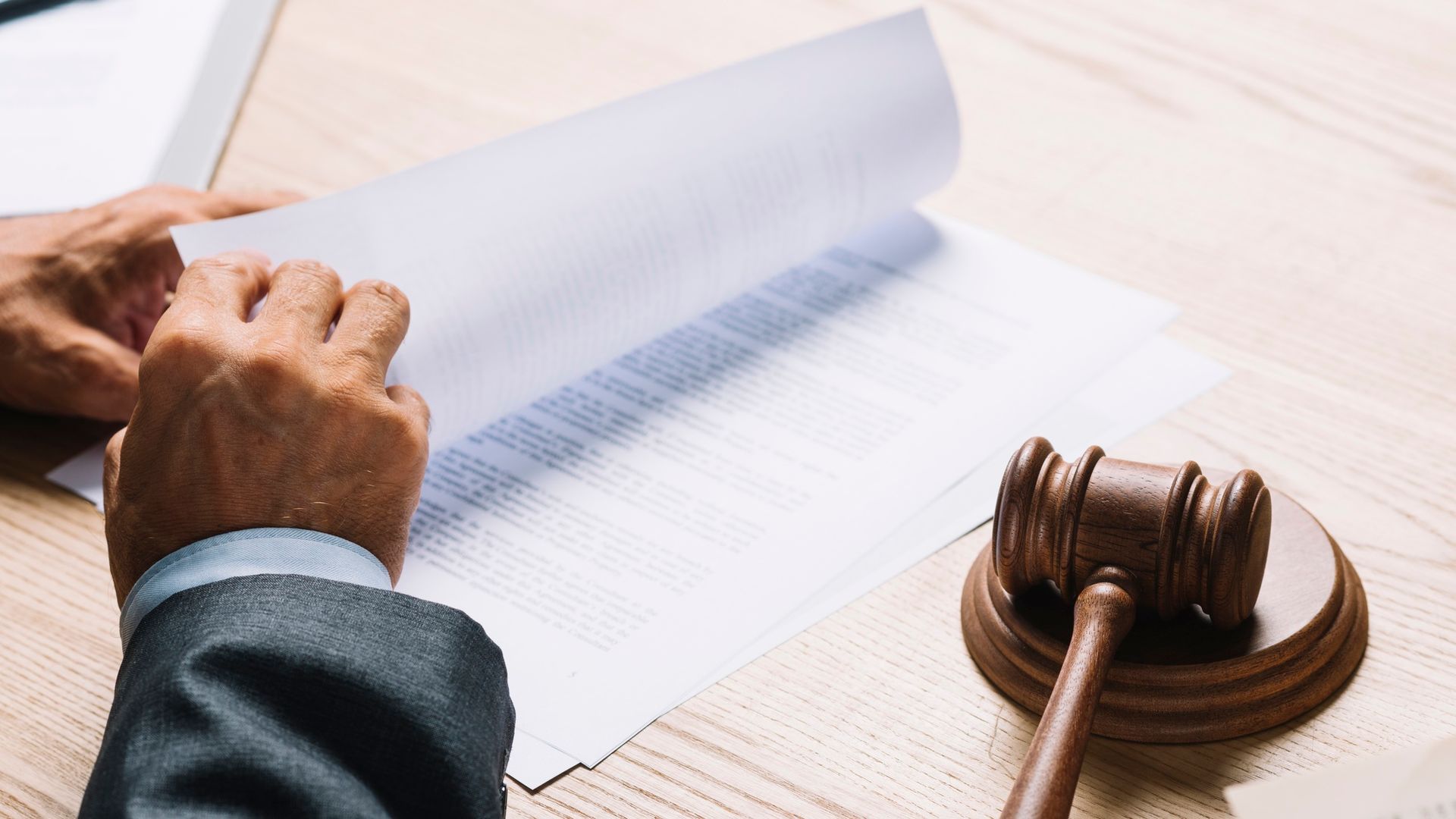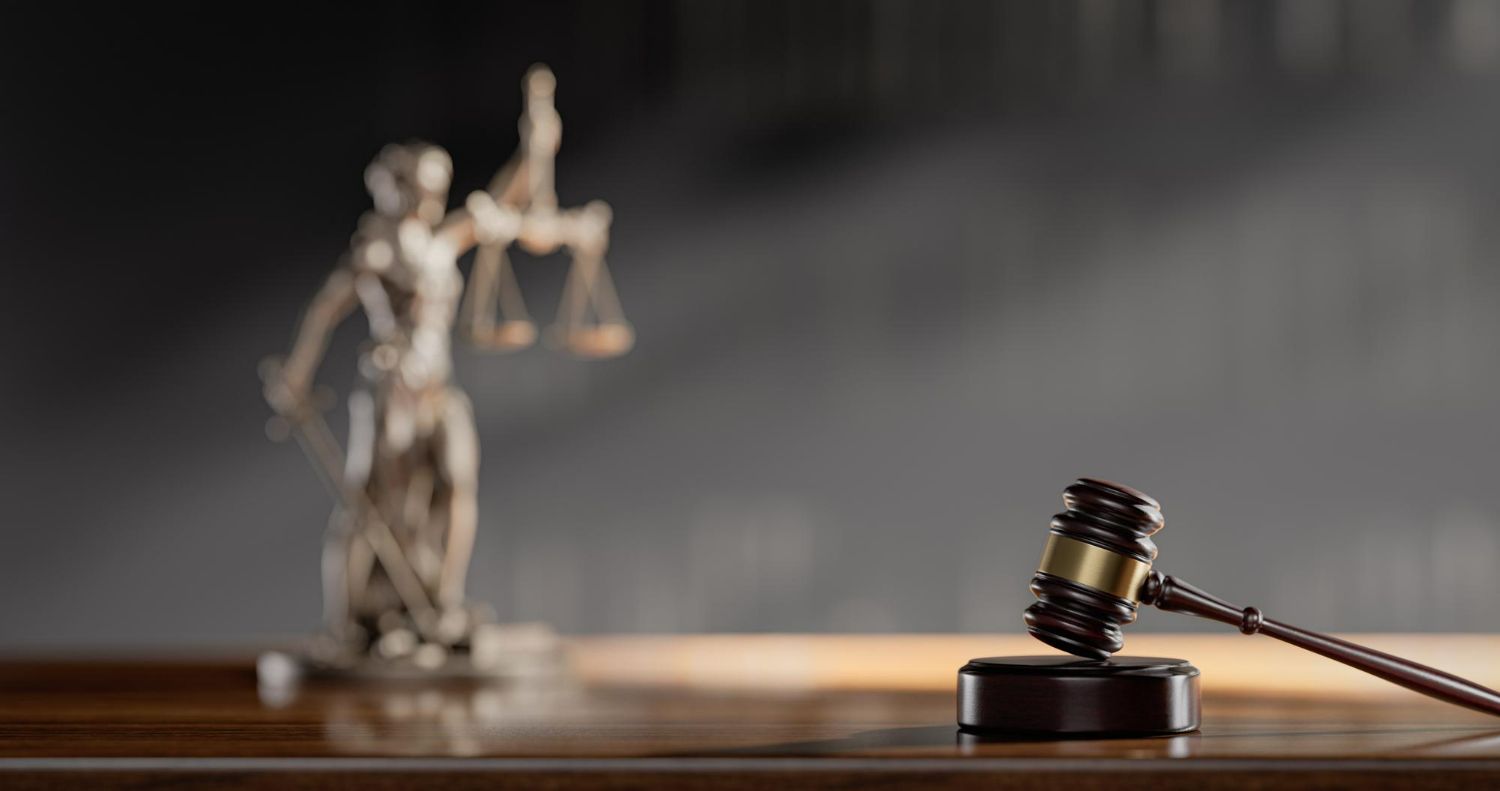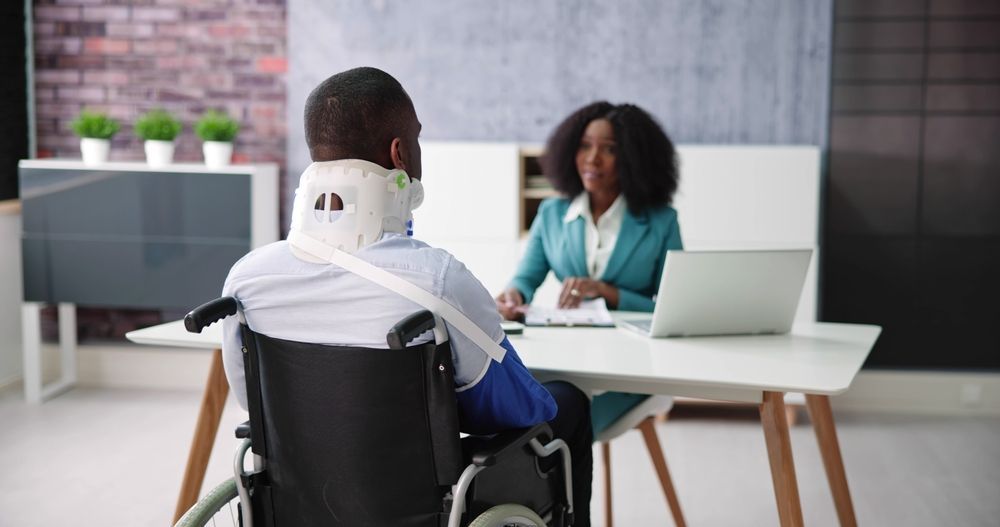Why You Need to Do a Will
Creating a will is a crucial step in the estate planning process. It is a legally binding document that outlines your wishes regarding the distribution of your assets, guardianship of your children, and other important decisions that need to be made upon your demise. Despite its importance, studies show that a significant number of Canadians do not have a will in place. In this blog, we will discuss the reasons why having a will is essential and how Sinclair Law Office can help you in drafting a comprehensive will that ensures your wishes are honored.
Protect Your Assets and Ensure Fair Distribution
One of the primary reasons to create a will is to protect your assets and ensure they are distributed according to your wishes. Without a will, your estate will be distributed according to the intestacy laws in your province, which may not align with your intentions. This could lead to disputes among family members and potentially leave your loved ones without the financial support they need.
By having a will in place, you can specify exactly how you want your assets to be divided and prevent any confusion or legal battles. You can also appoint an executor who will be responsible for carrying out your wishes and managing your estate during the probate process.
Provide for Your Children and Their Guardianship
If you have minor children, having a will is essential to ensure their well-being and financial security in the event of your death. In your will, you can appoint a guardian who will take care of your children and manage their inheritance until they reach the age of majority. Without a will, the courts will determine who will care for your children, which may not align with your preferences.
Additionally, a will allows you to set up trusts for your children's education, healthcare, and other expenses. You can also designate a trustee who will manage these funds on behalf of your children until they are old enough to make financial decisions for themselves.
Minimize Estate Taxes and Probate Fees
A well-crafted will can help minimize estate taxes and probate fees, thereby maximizing the inheritance your beneficiaries receive. By carefully planning the distribution of your assets and making use of tax-saving strategies such as trusts and charitable donations, you can significantly reduce the tax burden on your estate.
Moreover, having a will in place can expedite the probate process, which is the legal process of validating your will and distributing your assets. A lengthy probate process can be costly and time-consuming, causing additional stress for your loved ones. A clear and comprehensive will can help avoid delays and ensure that your estate is settled efficiently.
Support Charitable Causes and Leave a Lasting Legacy
Your will is an opportunity for you to leave a lasting legacy by supporting charitable causes that are important to you. By including charitable donations in your will, you can make a significant impact on the lives of others and potentially reduce the taxable value of your estate.
Furthermore, a will allows you to express your final wishes regarding your funeral arrangements, and other personal preferences. By outlining these wishes in your will, you can provide guidance to your loved ones and ensure that your desires are respected.
Having a will is essential to protect your assets, provide for your children, minimize taxes, and ensure that your final wishes are honored. At Tiffen Law, our experienced team of professionals can help you navigate the complexities of estate planning and create a comprehensive will that safeguards your legacy and loved ones.
Don't leave the future of your estate to chance.
Contact Sinclair Law today to schedule a consultation and begin the process of drafting your will. Together, we can create a plan that ensures your wishes are carried out and your loved ones are taken care of.










